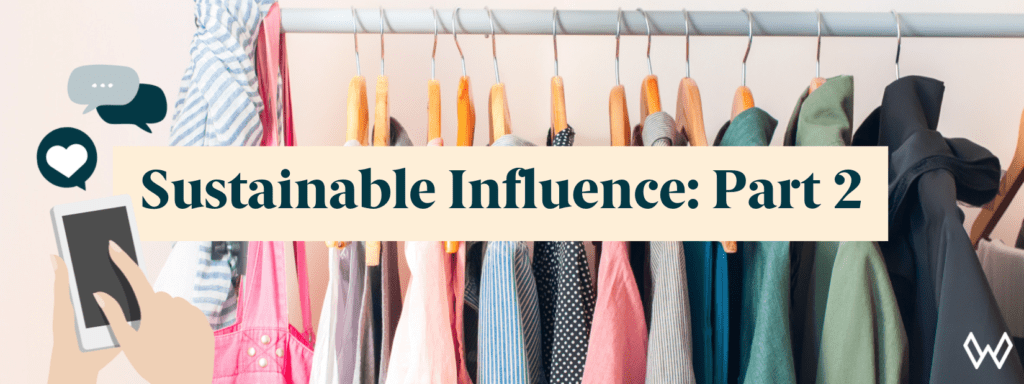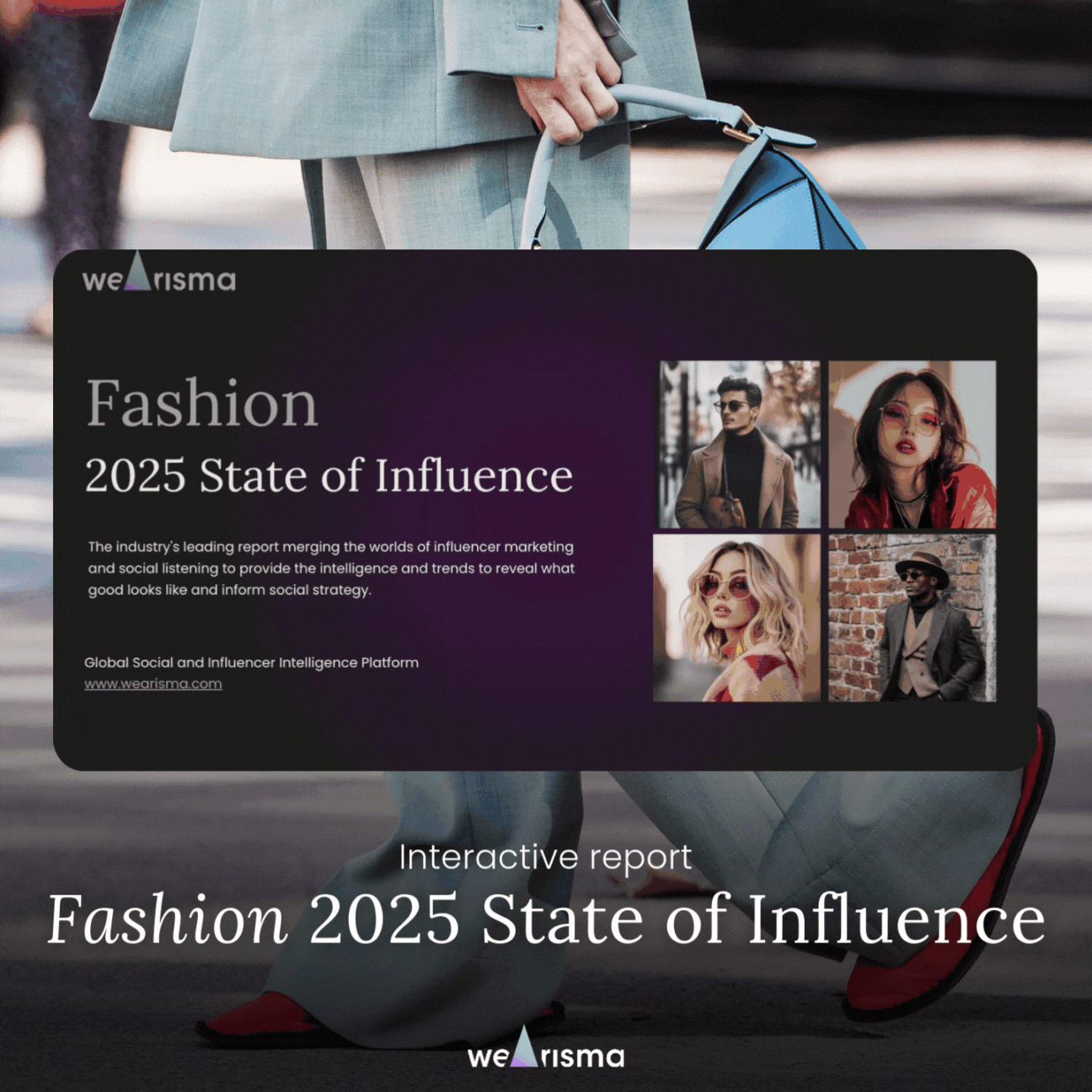In our new series, we explore how social media drives the push for a more sustainable future, showcasing how brands like Eco Age and Sheep Inc. are leading the charge with campaigns and practices that encourage conscious consumption and align with sustainable values.

Published On: November 26, 2021
In our new three part series, we’re highlighting the different ways that social media is crucial to the fight for a more sustainable future.
In an era where sustainability is no longer a lifestyle choice but an essential, we can understand why the demand for content that promotes sustainable living is on the rise. From slow fashion to vegan products and eco-friendly product solutions, sustainability is dominating our social media platforms. Dilys Williams, Founder and Director of Centre for Sustainable Fashion, observes: “A coalition exists in fashion…we require specific action on the five points outlined at COP26. The world is watching; we want to make history, not to be history.”
There is a wider conversation stirring in the fashion industry, one that holds an awareness of our impact on the planet alongside a desire to be part of the solution; one that doesn’t look away from the ugly figures but confronts them and, alongside everyone else, demands change. As this awareness continues to rise, it must become an integral part of ethical practices for both brands and influencers alike.
Brands that are taking strides in practising as well as promoting sustainable values are helping the industry move away from associations with impulse buying and wasteful consumption. For example, Eco Age (@ecoage) began the #30Wears campaign to encourage us to only buy an item if we really know that we’ll wear it repeatedly. Livia Firth, founder of Eco Age pushes out an environmentally conscious approach: “The biggest message is every time you buy something, always think, ‘Will I wear it a minimum of 30 times?’ If the answer is yes, then buy it.” The campaign addresses the reality of our consumer habits whilst offering up a way to keep buying consciously and with sustainability in mind.
Sheep Inc.(@sheepinc) is another brand tackling the negative connotations between fashion and sustainability. Branding themselves as ‘carbon negative knitwear’, the founders wanted to make clothes that are part of the solution rather than part of the problem. Their company aims to counteract the wasteful production process that gives fashion a bad name, providing their customers with a purchasing experience that brings them closer to nature.
These brands are great examples of how to implement sustainable values into your company ethos. Yet, being a sustainable brand in 2021 doesn’t necessarily mean you need to only use recycled material or be entirely founded on existing as a zero-waste company. In the same way, we all try to incorporate sustainable actions into our daily lives, being a sustainable brand means aligning your ethos with values that support sustainability. Implementing sustainability into your marketing strategy through transparency about how your products are made, encouraging consumers to purchase consciously, and working with influencers who drive conversations around sustainable living is a great place to start.
Keep informed with the latest trends, reports, and case studies from the world of influencer marketing.

Influencer marketing has transformed significantly in recent years, expanding beyond simply identifying social media personalities with substantial followings. Today’s successful campaigns require sophisticated systems that address the entire marketing process, from strategic creator selection through content development to comprehensive performance analysis.

WeArisma’s Fashion 2025 State of Influence Interactive Report – Your Essential Guide to Beauty Brand Success in the Digital Age.
The fashion landscape is evolving. Traditional strategies no longer guarantee success – Resonance, Virality, and Authentic Engagement are beginning to define market leaders.
Our latest Fashion 2025 State of Influence Report uncovers the key shifts shaping the industry and the strategies fueling sustained impact.
Stay up to date with the latest industry trends and topics
Discover how WeArisma can help you harness the power in influence, grow your brand’s presence, and achieve measurable success.
WeArisma combines the power of AI, influencer marketing and social listening to deliver smarter, scalable strategies with real impact.